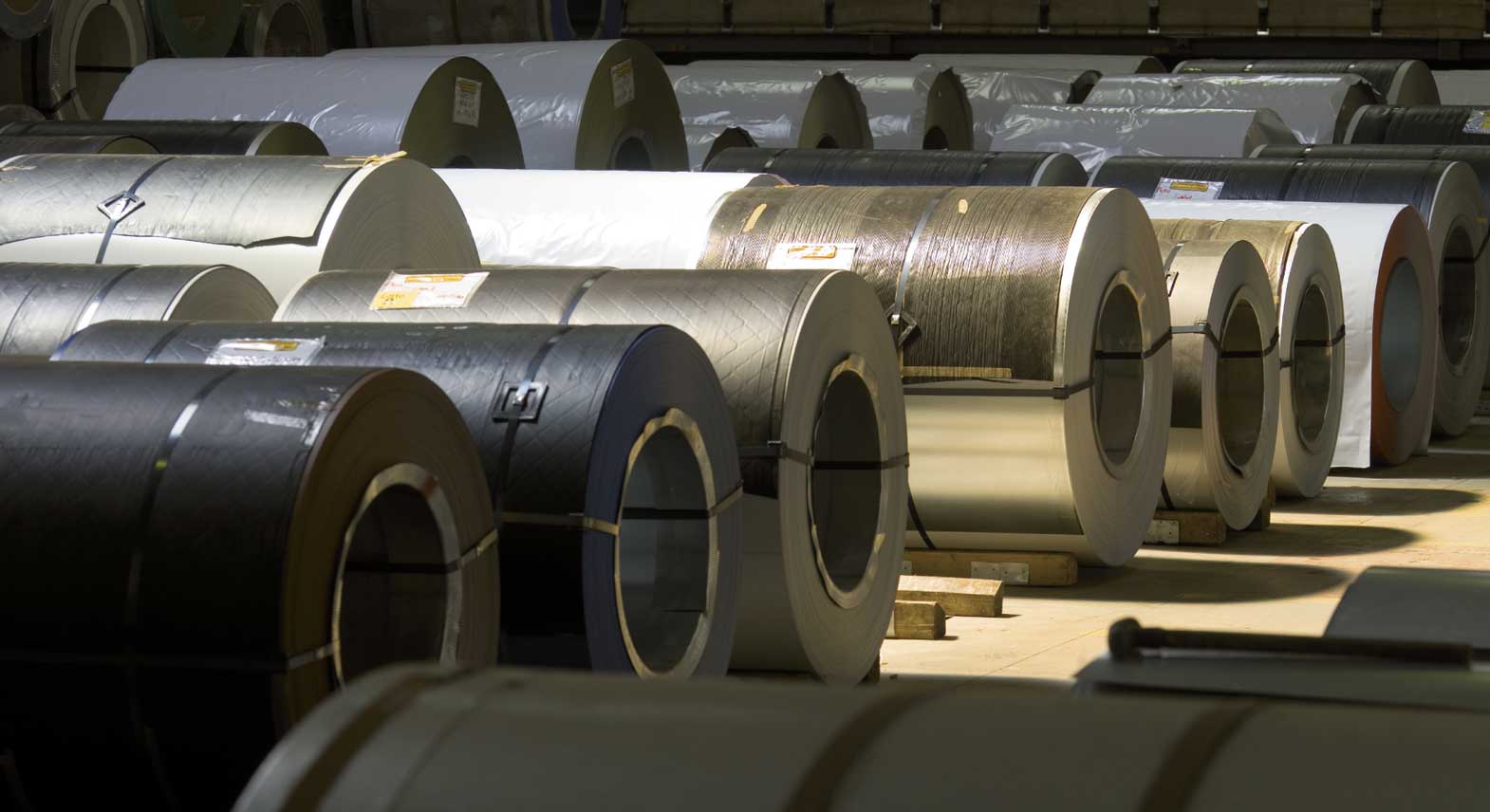Hot-rolled coil prices remain stable across Europe Buyers report overstocking amid reducing demand
Hot-rolled coil in Northern Europe remained stable May 18, assessed at Eur1,100/mt ex-works Ruhr, according to S&P Global Commodity Insights data.
The majority of offers were heard in a range of Eur1,100-1,120/mt ex-works, as reported by mill and service center sources.
A mill source said producers were limiting offers and refraining from responding to general inquiries, instead quoting on a single-customer basis and only if there was “a real need.” The source expected offers to generally circulate around Eur1,100/mt ex-works.
Buy-side sources saw tradable values lower but varied as to the depth of price direction. One service center source the considered market price was just below Eur1,100/mt ex-works, with prices of Eur1,050-1,100/mt ex-works viewed as negotiable if not now then in the near-term.
Another service center source expected Eur1,000-1,050/mt ex-works to be tradable against import prices heard below Eur900/mt CFR Antwerp. While interest in the import market was reduced, given long lead-times and logistical uncertainties, buyers and end-users were reportedly citing these lower offers in negotiations across the market stream.
On price direction, sources expected prices to continue to fall given the influence of import offers in the market. A second service center source speculated that import prices could be driven even lower due to the re-routing of trade flows of sanctioned Russian material to Asia, allowing foreign mills to offer and export their own material at a discount into the European market.
On sentiment, inventory levels presented the major issue of the day for buy-side sources, with overstocking and effects from the coronavirus preventing stockholders from depleting inventories and reviving demand.
“The market is overstocked at the moment,” a third service center source said. “Everyone has too much material and we can’t get material out fast enough as the [coronavirus] effect in Germany is very strong. Service centers can’t produce at full capacity on reduced workforces and contracted material is leaving stock much slower than planned – it’s affecting customers too reducing consumption and overall demand as well as processing rates.”
Other service center sources reported the same overstocking issue, but from different perspectives.
“Stock levels are very high for this point in the year given reduced demand – automotive isn’t running, the lockdown in China means material is stuck in ports and there are still uncertainties to emerge from the war in Ukraine,” a fourth service center source said. “Delivery of import material has also been delayed meaning import buyers are still receiving material regularly – it makes no sense to buy on a downtrend in such a context.”
A fifth service center source reported a complete lack of storage for material in Germany also heard the same in Denmark earlier in the week. Relevant freight costs and capacities were also deemed problematic on the day.
In South Europe, the Platts HRC price also remained stable, assessed at Eur1000/mt ex-works Italy.
Demand was similarly muted in the Italian market, with a trader source estimating a 20-50% reduction in demand from service centers and end-users.
“Nobody is willing to buy right now, prices are on the slide and as I see it – we’re still well above the price floor,” the trader said.
— Benjamin Steven, Maria Tanatar






